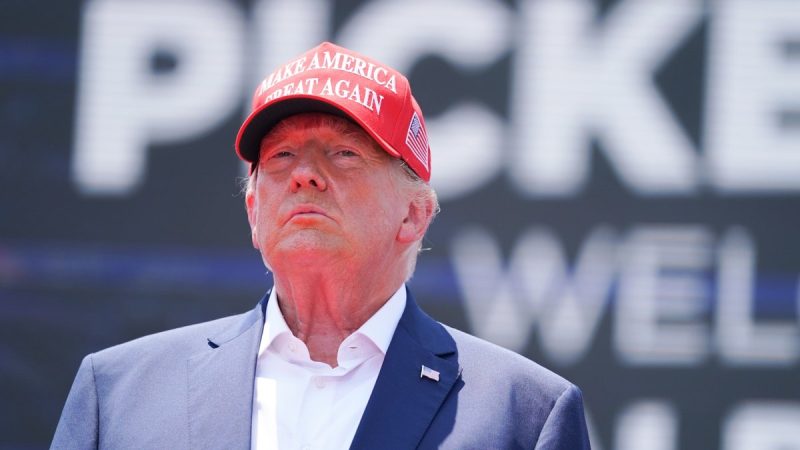In the wake of recent events concerning the 2020 presidential election, the 14th Amendment of the United States Constitution has come under close scrutiny. The 14th Amendment, which was ratified in 1868, provides the right to all people to obtain equal protection under the law and prohibits the deprivation of rights without due process of law.
Two states, Colorado and Michigan, have recently taken legal action to remove President Donald Trump from the ballot in their respective states. This prompted questions about the legal implications of 14th Amendment decisions in the context of this situation.
In the past, legal decisions surrounding the 14th Amendment have primarily focused on the preservation of basic civil rights and protections. From landmark decisions such as Brown v. Board of Education, which declared the racial segregation of public schools unconstitutional, to more recent cases challenging racial gerrymandering, the 14th Amendment has proven to be a cornerstone for equalizing power in the hands of the marginalized population.
However, the potential impact that 14th Amendment jurisprudence could have on the efforts of Colorado and Michigan to remove Trump from the ballot should not be overlooked. It is possible that similar arguments of equal protection under the law could be made in regards to this situation. For example, a challenge to the removal of Trump from the ballot based on arguments of equal protection could argue that other candidates with similar backgrounds or ideologies are being given easier access to the ballot while Trump’s eligibility is being hindered.
Given the uncertainty of the current situation, it is unclear how legal decisions surrounding the 14th Amendment could ultimately affect Colorado and Michigan’s respective cases. However, it is important to keep in mind the implications that 14th Amendment jurisprudence could have in this situation, as decisions made in regards to this Amendment could potentially tip the scales in one direction or another. It is therefore integral that state leaders not only evaluate potential arguments related to the election itself, but also the potential legal ramifications that 14th Amendment decisions could have on the outcome.

